In the ever-evolving world of financial markets, few stories have captured the imagination of retail investors quite like the meteoric rise of GameStop (GME). In a year marked by uncertainty and volatility, the stock of the video game retailer has found itself at the center of a new wave of meme stock enthusiasm. This resurgence can largely be attributed to the enigmatic figure of Keith Gill, better known as “Roaring Kitty” on YouTube and “DeepF***ingValue” on Reddit’s WallStreetBets. His latest cryptic post has rekindled a phenomenon that once sent shockwaves through Wall Street and caused massive disruptions in the world of short-selling.
Here's ads banner inside a post
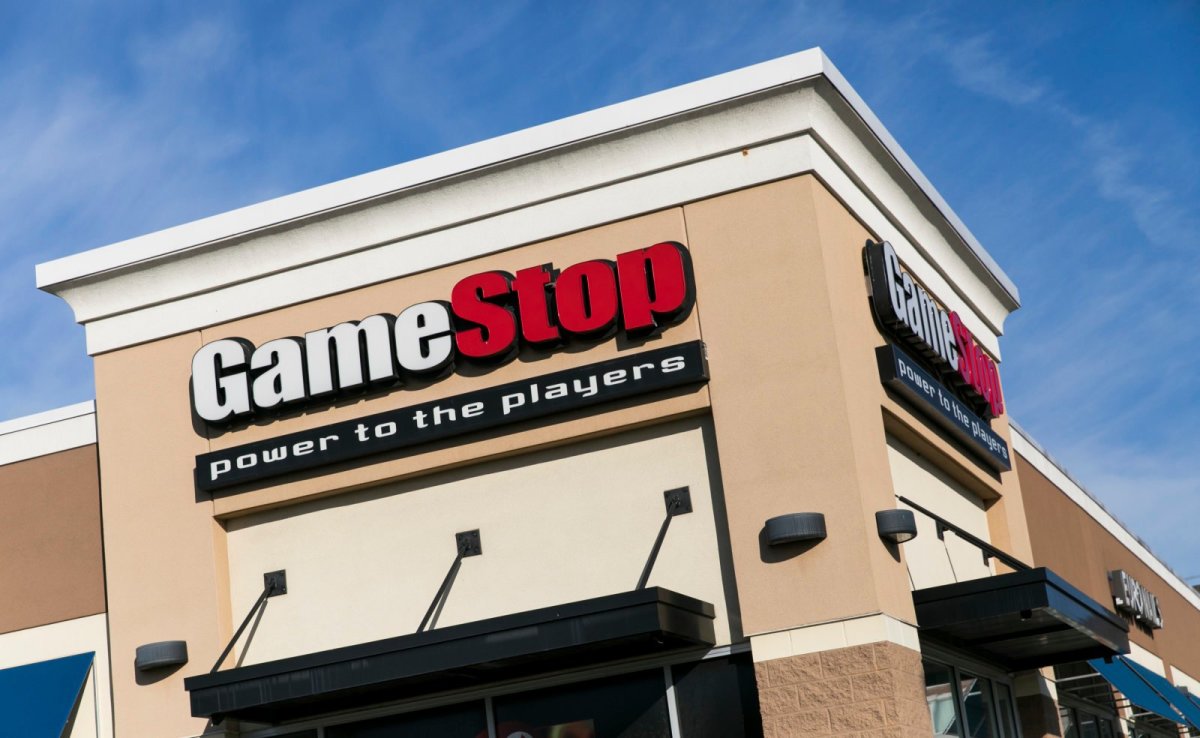
A Brief Recap of the GameStop Saga
To fully understand the magnitude of GameStop’s recent resurgence, it’s essential to take a step back and revisit the events of 2021. At the height of the COVID-19 pandemic, when financial markets were in turmoil, retail investors gathered on platforms like Reddit to challenge the power dynamics between Wall Street hedge funds and ordinary traders. GameStop, a traditional brick-and-mortar video game retailer, became the unlikely battleground in this clash of titans.
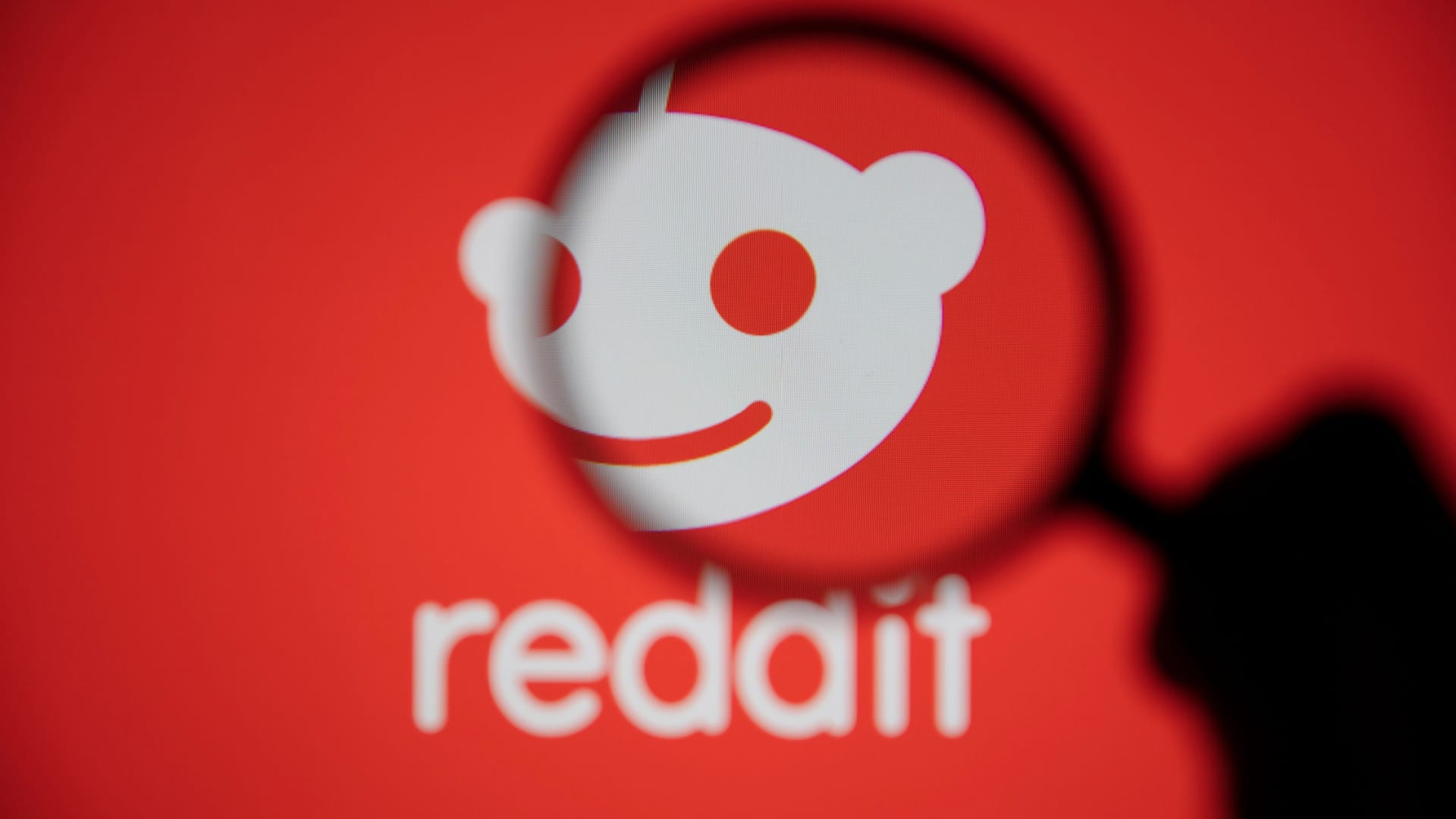
Here's ads banner inside a post
Keith Gill, an investment enthusiast with a growing online following, played a pivotal role in the GameStop saga. His posts on Reddit’s WallStreetBets subreddit highlighted his belief in the company’s potential, despite its financial struggles. What started as a lone individual betting against the crowd quickly morphed into a full-fledged movement. Retail investors, many of whom were disillusioned with the traditional financial system, rallied behind Gill’s message. The resulting short squeeze saw GameStop’s stock surge by over 1,600% in a matter of days, inflicting significant losses on hedge funds that had bet against the retailer’s stock. The media frenzy surrounding the event put a spotlight on the power of individual retail investors and the growing influence of social media in financial markets.
This unprecedented event led to heightened regulatory scrutiny, a surge in discussions about market manipulation, and even inspired the 2023 film Dumb Money, which dramatized the entire saga. However, as the dust settled, many believed that GameStop’s rise was a once-in-a-lifetime phenomenon—until recently.
Here's ads banner inside a post
Roaring Kitty’s Return and the Meme Stock Revival
On December 5, 2024, GameStop’s stock experienced a sudden and significant spike following a cryptic post by Keith Gill. The post, shared on the social media platform X, featured an image that resembled a 2006 Time magazine cover, showcasing a computer screen. While the meaning behind the image remains unclear, the effect was immediate: GameStop’s stock price jumped sharply, peaking at $30.87 before closing the day up by 6%.
Gill’s online personas, Roaring Kitty and DeepF***ingValue, have always been integral to the meme stock movement. His presence on social media has served as a rallying cry for retail investors who view him as a hero in their fight against Wall Street elites. The timing of Gill’s return to social media in 2024, after a three-year hiatus, further fueled speculation that his posts could trigger another round of retail-driven market frenzy. His re-emergence was met with excitement from his followers, many of whom view him as a symbol of the underdog’s triumph over powerful hedge funds.
According to market strategist Art Hogan, the rise of meme stocks, like GameStop, often coincides with periods of market optimism and what he describes as “animal spirits.” These are moments when retail traders, emboldened by market enthusiasm, turn their attention to highly speculative investments. With stock markets near all-time highs, it’s not surprising that retail investors would once again gravitate toward the volatile and unpredictable world of meme stocks.
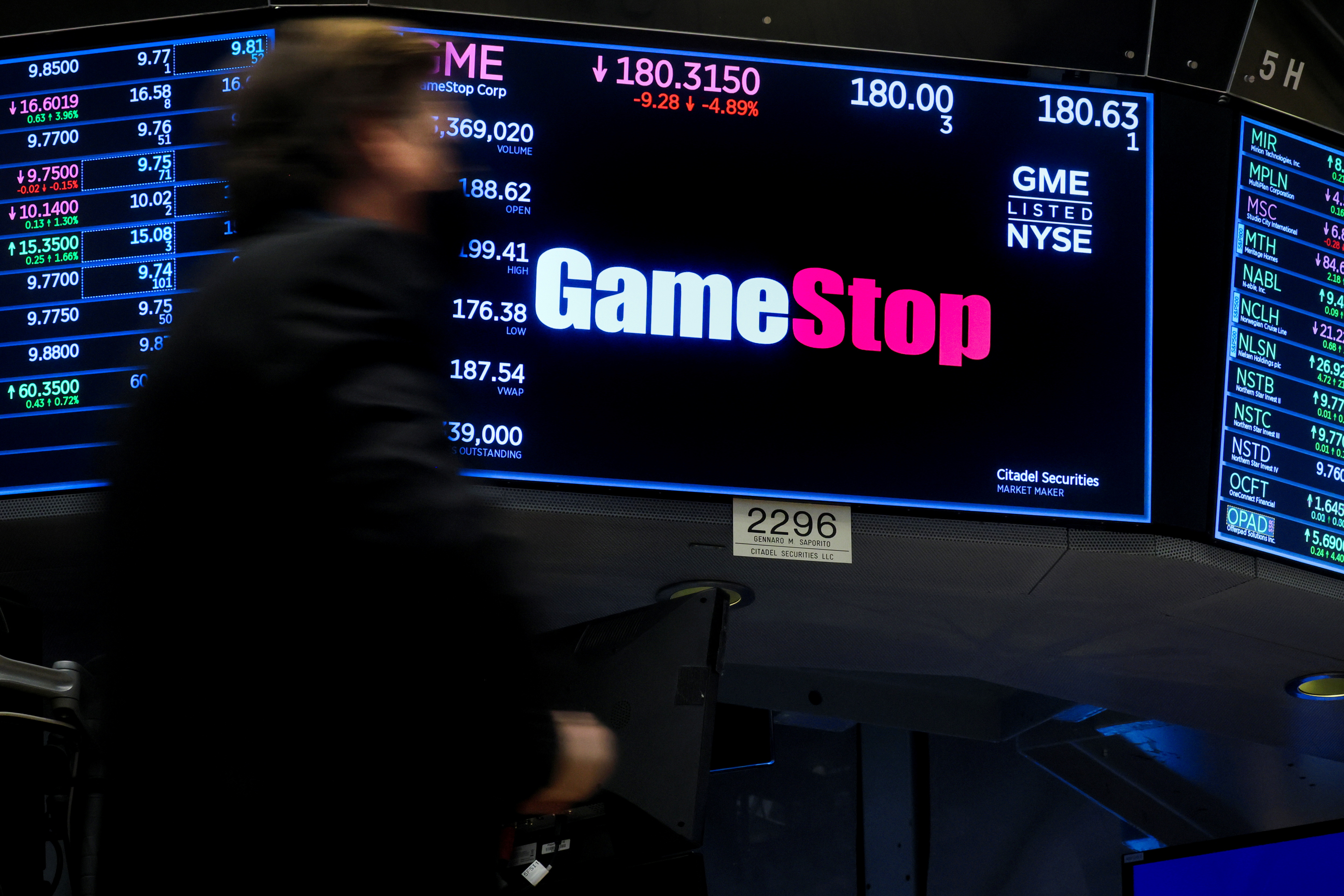
A Pattern of Volatility
The movement of GameStop’s stock price over the past few months highlights the volatile nature of meme stocks. After falling to around $21 in November 2024, GameStop’s price surged back to around $30 by Thanksgiving, only to retreat in the days that followed. This pattern of rapid spikes followed by retracements is becoming familiar to investors, and Gill’s posts seem to serve as catalysts for these price movements.

Steve Sosnick, the chief strategist at Interactive Brokers, noted that the stock’s volatility is a hallmark of the meme stock phenomenon. Following Gill’s latest post, GameStop options trading activity surged, with approximately 300,000 contracts changing hands, nearly 1.5 times the usual volume. The stock’s 30-day implied volatility—a measure of how much traders expect the price to fluctuate—reached a three-week high of 132%. This spike in volatility reflects the heightened speculation surrounding GameStop’s stock and the potential for further price swings.
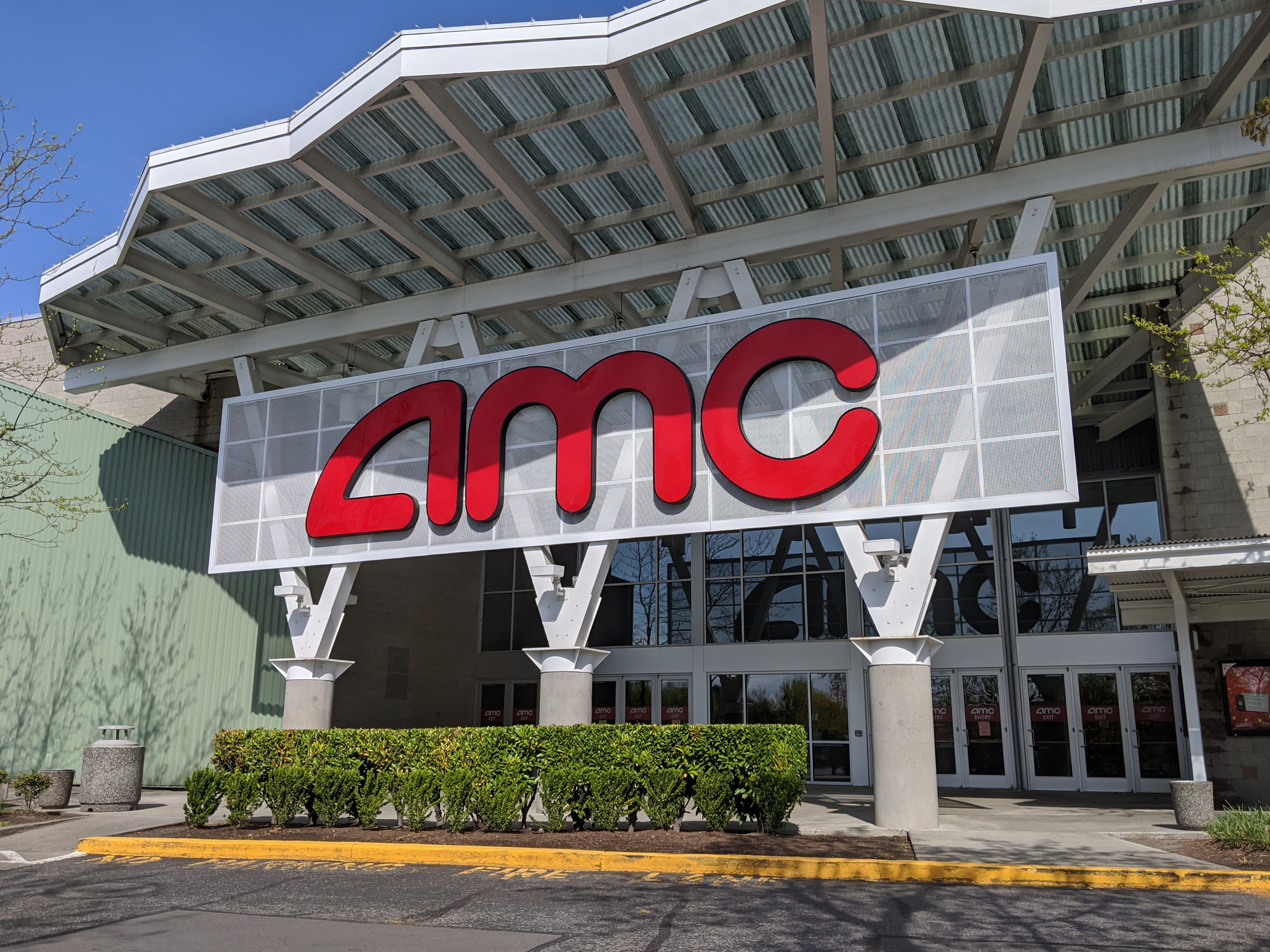
The frenzy wasn’t limited to GameStop alone. Other stocks, such as AMC Entertainment (AMC) and Unity Software (U), also saw gains after Gill’s post. AMC, another stock that had gained popularity during the Reddit rally in 2021, rose by 6%, while Unity Software gained 5%. This broader rally among meme stocks suggests that retail investors are once again looking to capitalize on the volatility of these highly speculative investments.
The Resurgence of Cryptocurrency and the Battle for Attention
While meme stocks have made a comeback, the cryptocurrency market is also experiencing a resurgence, with Bitcoin recently surging above $100,000. This rally is being driven by optimism over easing regulatory pressures and the growing institutional interest in digital assets. As a result, the cryptocurrency market is vying for the attention of retail investors who may have previously focused their energy on stocks like GameStop.

Sosnick remarked that it wouldn’t be surprising if some of GameStop’s faithful followers had been distracted by the recent gains in the cryptocurrency market. The rise of Bitcoin and other digital currencies has certainly drawn attention away from traditional stocks, but the meme stock community remains strong, with investors continuing to flock to Reddit and other social media platforms to discuss their latest trades.
What Lies Ahead for GameStop and Meme Stocks?
The future of GameStop’s stock and the broader meme stock movement remains uncertain. While the recent rally suggests that the stock is once again attracting attention, the volatile nature of these investments means that further swings in price are likely. Investors should remain cautious, as the speculative nature of meme stocks makes them inherently risky.
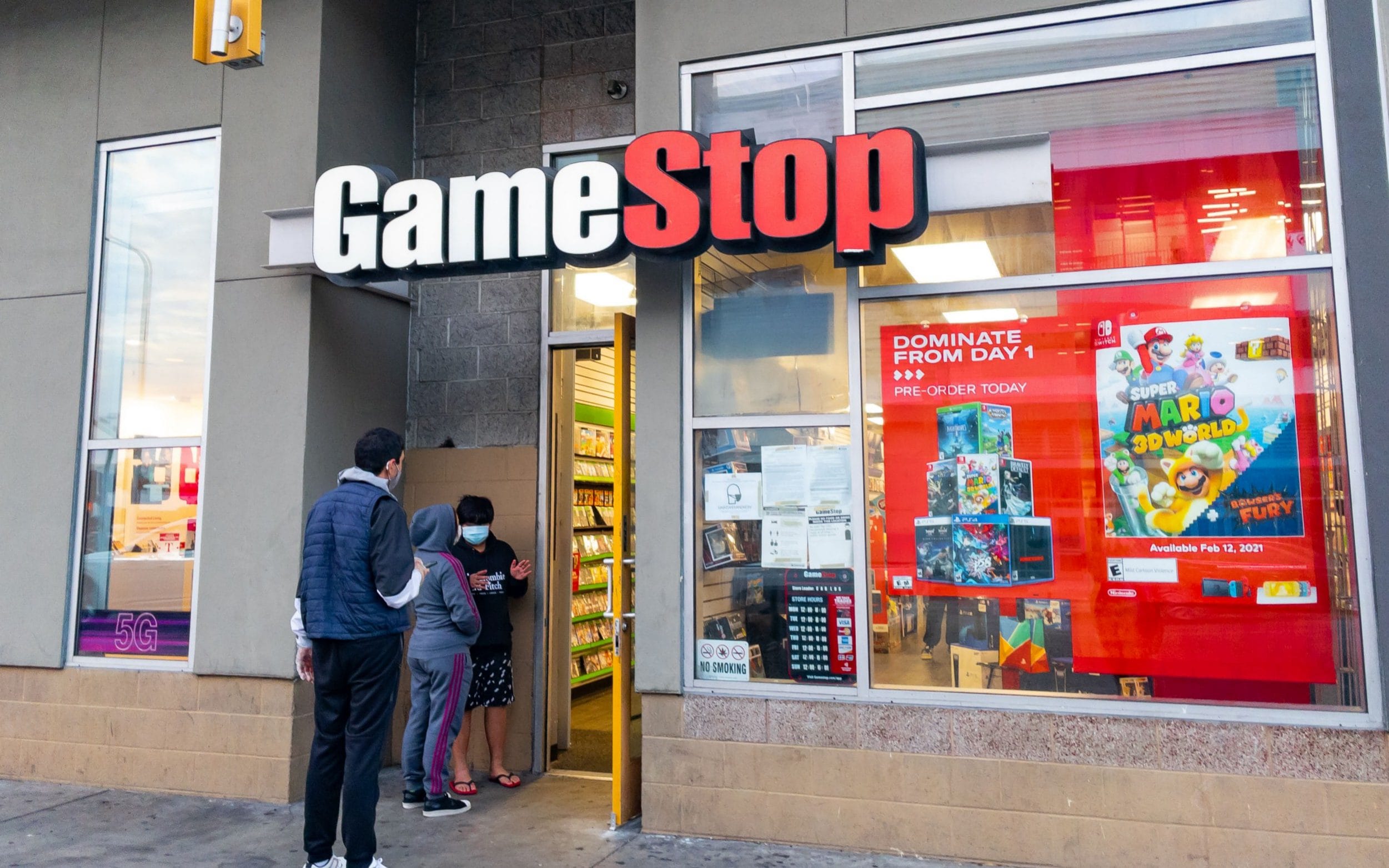
Despite the unpredictability, the GameStop saga has undeniably changed the landscape of financial markets. It has empowered retail investors, sparked a broader conversation about market dynamics, and prompted increased scrutiny of short-selling practices. The role of social media in shaping market trends is now more evident than ever, with figures like Keith Gill—whether he is a hero or a market manipulator—continuing to drive the conversation.
For GameStop, the question remains: Is this just another blip in its tumultuous journey, or has the company found a way to capitalize on the renewed enthusiasm surrounding its stock? The answer may depend on whether the meme stock movement can maintain its momentum in the face of rising cryptocurrency interest and changing market conditions.
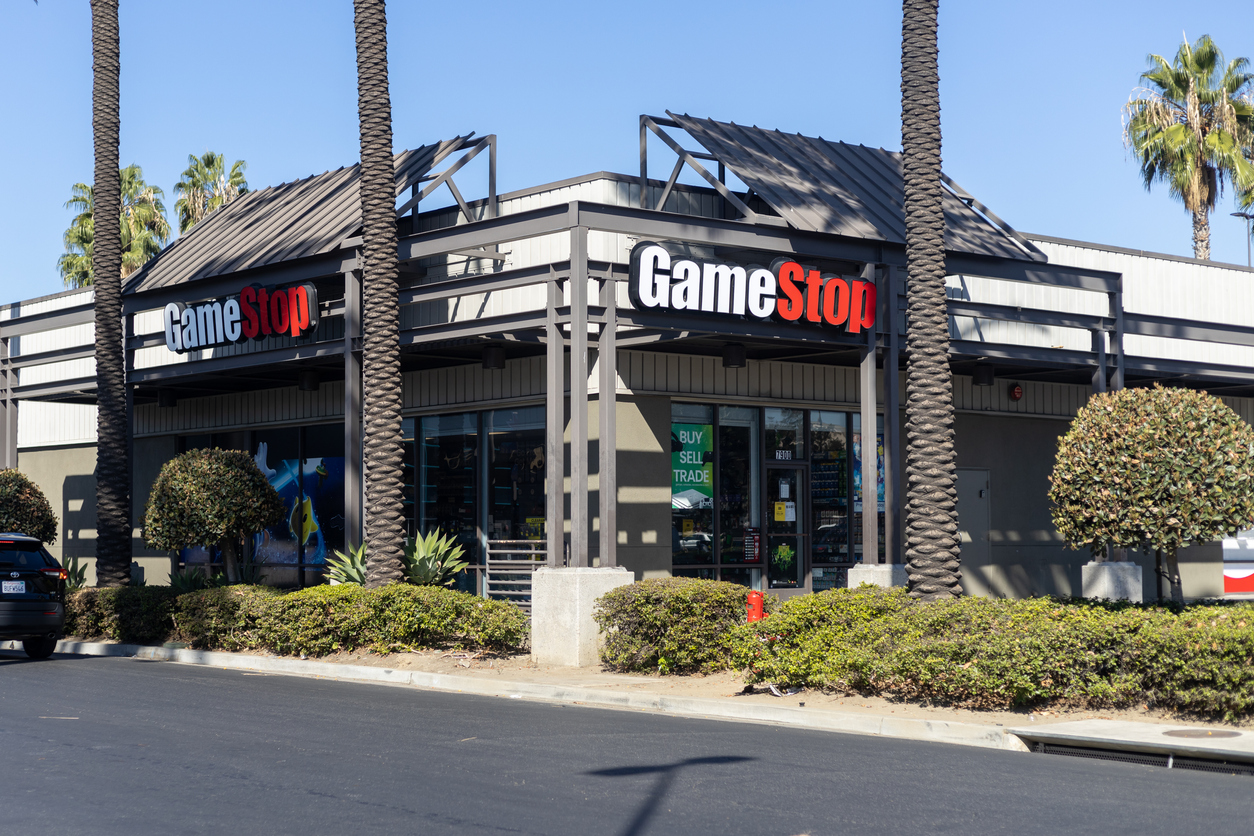
In the end, the story of GameStop is not just about a stock’s rise and fall—it’s about the power of community, the influence of social media, and the unpredictable nature of modern financial markets. As long as Keith Gill continues to post cryptic messages, and retail investors remain active, GameStop’s saga may continue to unfold in unexpected ways. The only certainty is that the meme stock phenomenon is far from over, and its impact will likely be felt for years to come.



